Underwater seagrass beds dial back polluted seawater
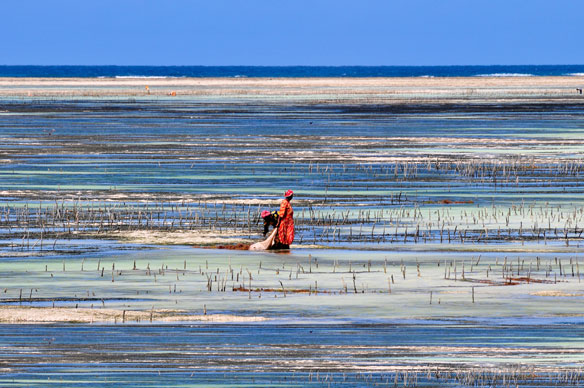
Seagrass meadows – bountiful underwater gardens that nestle close to shore and are the most common coastal ecosystem on Earth – can reduce bacterial exposure for corals, other sea creatures and humans, according to new research.
The Market For African Beach Sand: Who’s Buying, Selling And Mining It?
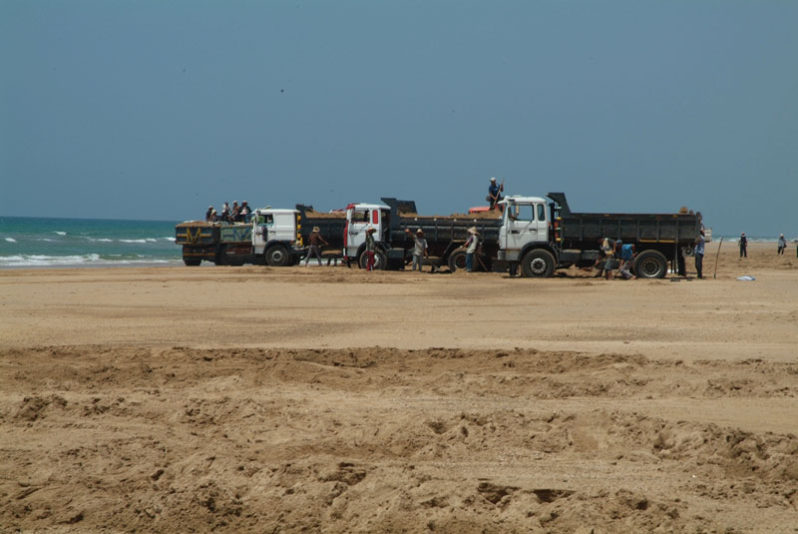
Sand mining on beaches and in riverbeds is a source of income for unemployed Africans, but it’s often an unregulated — or under-regulated — business. Environmental impact is a growing concern.
Sand mining decimates African beaches
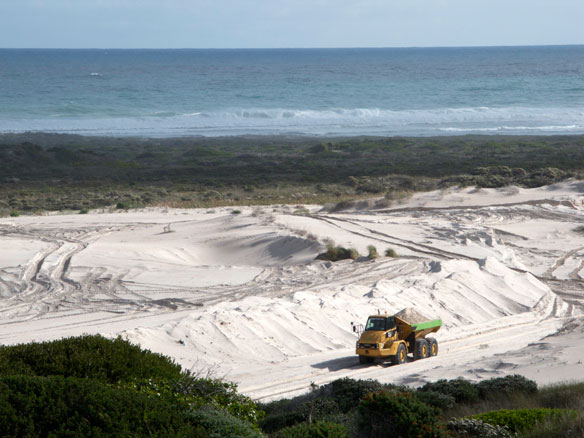
What do houses, streets, telephones and microchips have in common? They all contain processed sand. Now African countries are raising the alarm because of their disappearing beaches…
Line drawn in the sand between beach access and protection
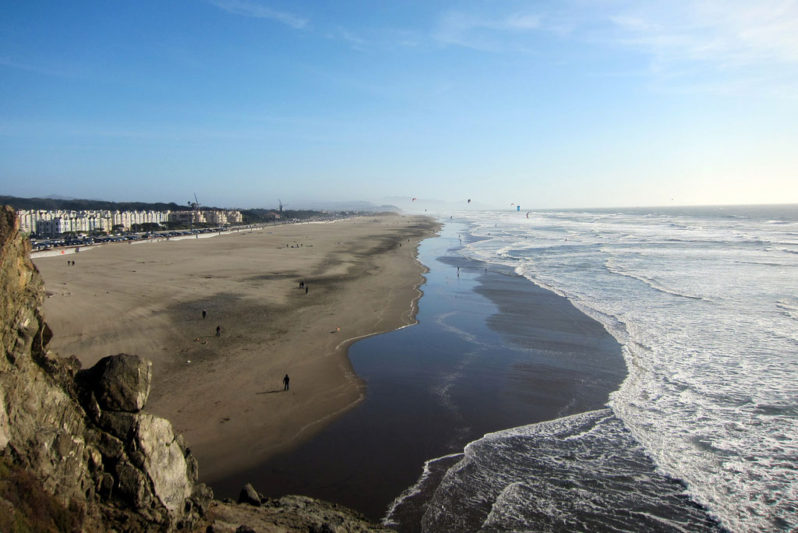
Even on such a soggy, San Francisco day, people still enjoy city beaches. It’s incredible that 19th-century legislators had the foresight to preserve coastal areas as a public right in the California Constitution. For more than 40 years, the California Coastal Act has further protected “maximum access” to the coast “for all the people.”
Huge Undersea Landslide Slammed Great Barrier Reef 300,000 Years Ago
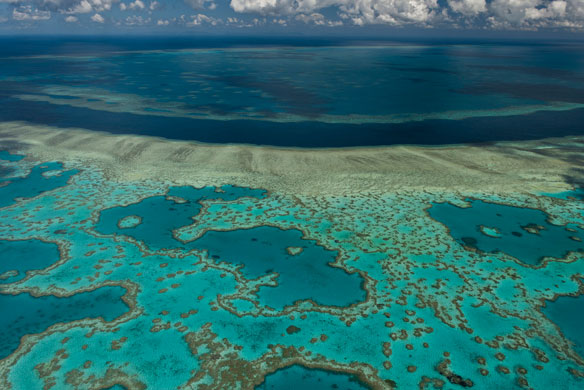
More than 300,000 years ago, a colossal undersea landslide sent huge amounts of debris sliding down the Great Barrier Reef, generating a 90-foot-high (27 meters) tsunami, researchers have discovered.
Pollution Has Worked Its Way Down To The World’s Deepest Waters
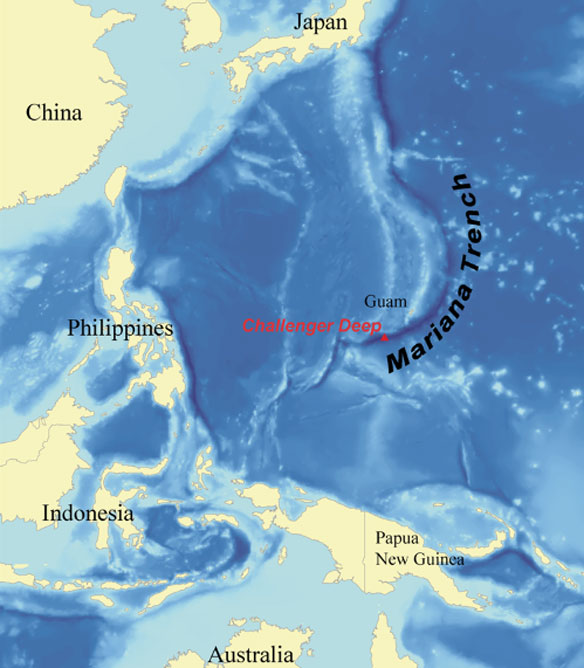
The Mariana Trench in the northern Pacific is the deepest part of the world’s oceans. You might think a place that remote would be untouched by human activity. But the Mariana Trench is polluted.
What makes this New Zealand beach a whale graveyard?
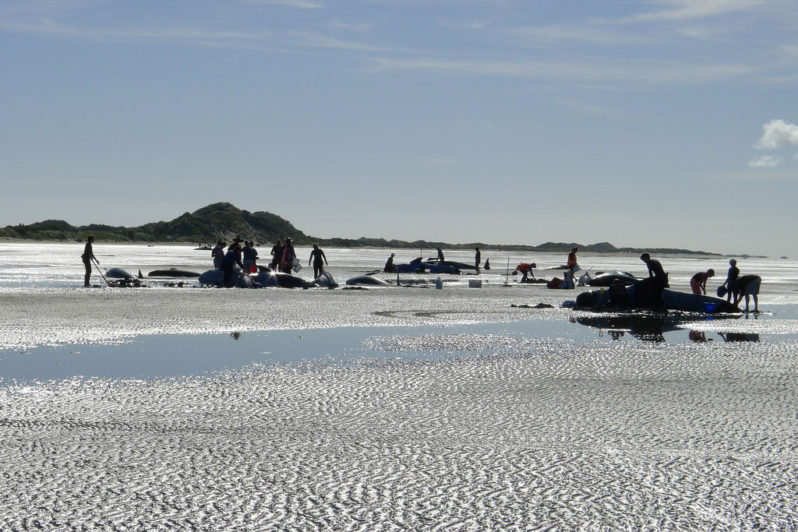
Each year locals from Golden Bay at the top of New Zealand’s South Island know to expect a whale beaching at a narrow strip of sand curving into the Cook Strait, known as Farewell Spit.
Arctic Ice Isn’t Doomed Yet—Here’s How to Save It

Crazy warm winters haven’t pushed Arctic ice beyond a “tipping point.” Every ton of CO2 we don’t emit saves 32 square feet of it.
Coastal policy needs dose of reality; Op Ed by Orrin Pilkey

Governor-elect Roy Cooper, with whatever powers he has left, has two particularly important tasks facing him on the environmental front. One is to reinvigorate and restore the state’s Department of Environmental Quality (DEQ) and to bring robust science to the fore. The second task is to bring our coastal management program into the 21st Century.
